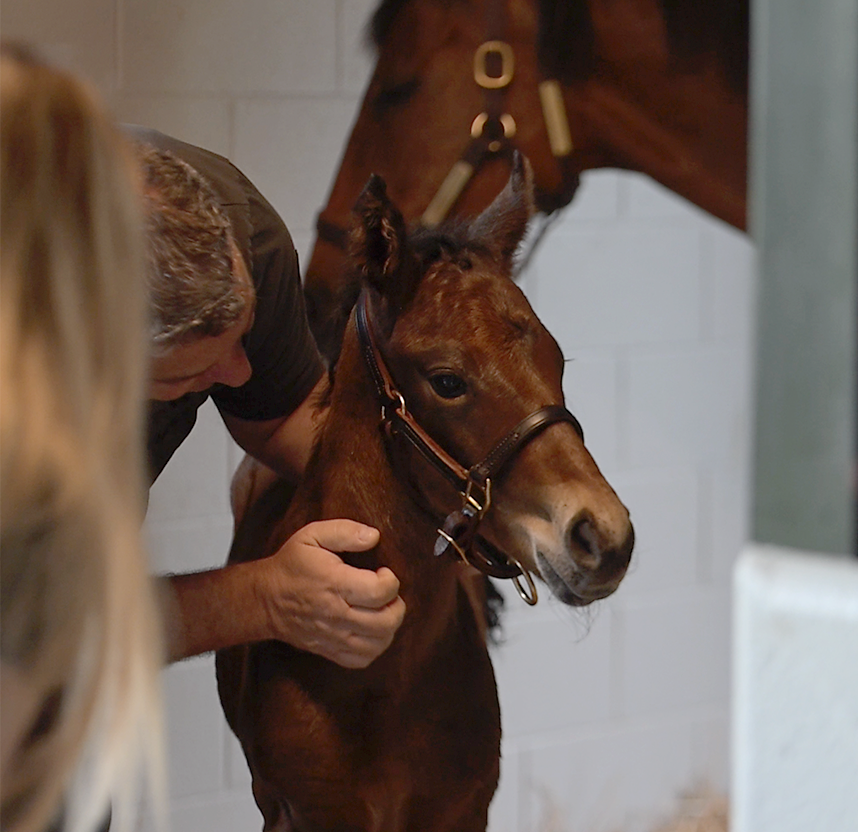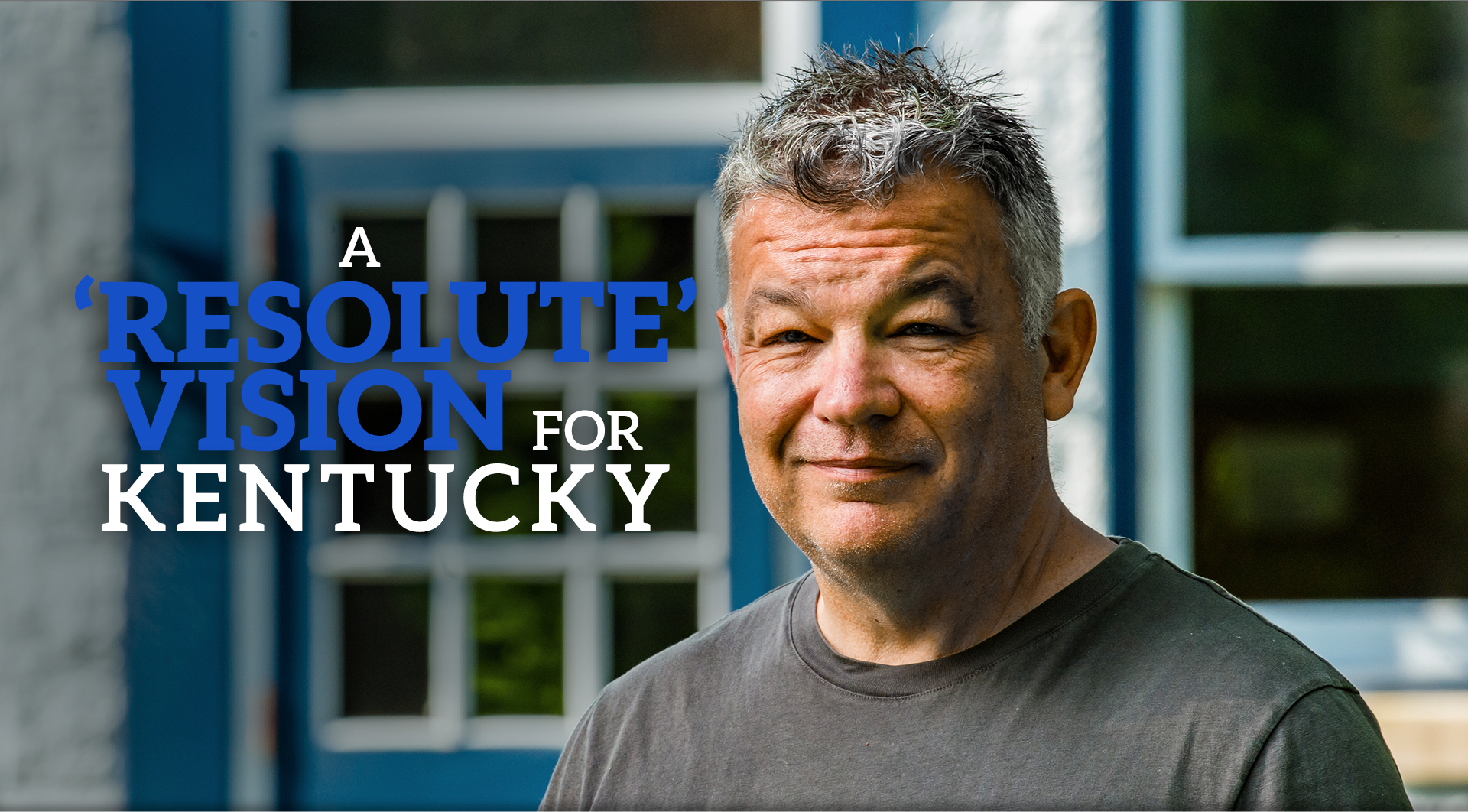Sales season in Kentucky is often a who's who in terms of prominent owners and breeders seeking to breed or campaign racing's next big star. Consider the likes of Coolmore, Godolphin, Mandy Pope, West Point Thoroughbreds and Eclipse Thoroughbred Partners. But last year saw a new face in the equine world announce his presence in a major way.
Enter John Stewart.
Stewart's love affair with horse racing began with trips to Keeneland when moving to Lexington around 30 years ago to work for Toyota. But as his passion for Thoroughbreds grew, so did his ascension up the corporate ladder. Stewart went from working the factory floor for an hourly wage up to a management position, before earning an executive title with the company. He would eventually work for a New York-based private equity firm before starting his current business, MiddleGround Capital, a private equity firm that invests in industrial businesses.
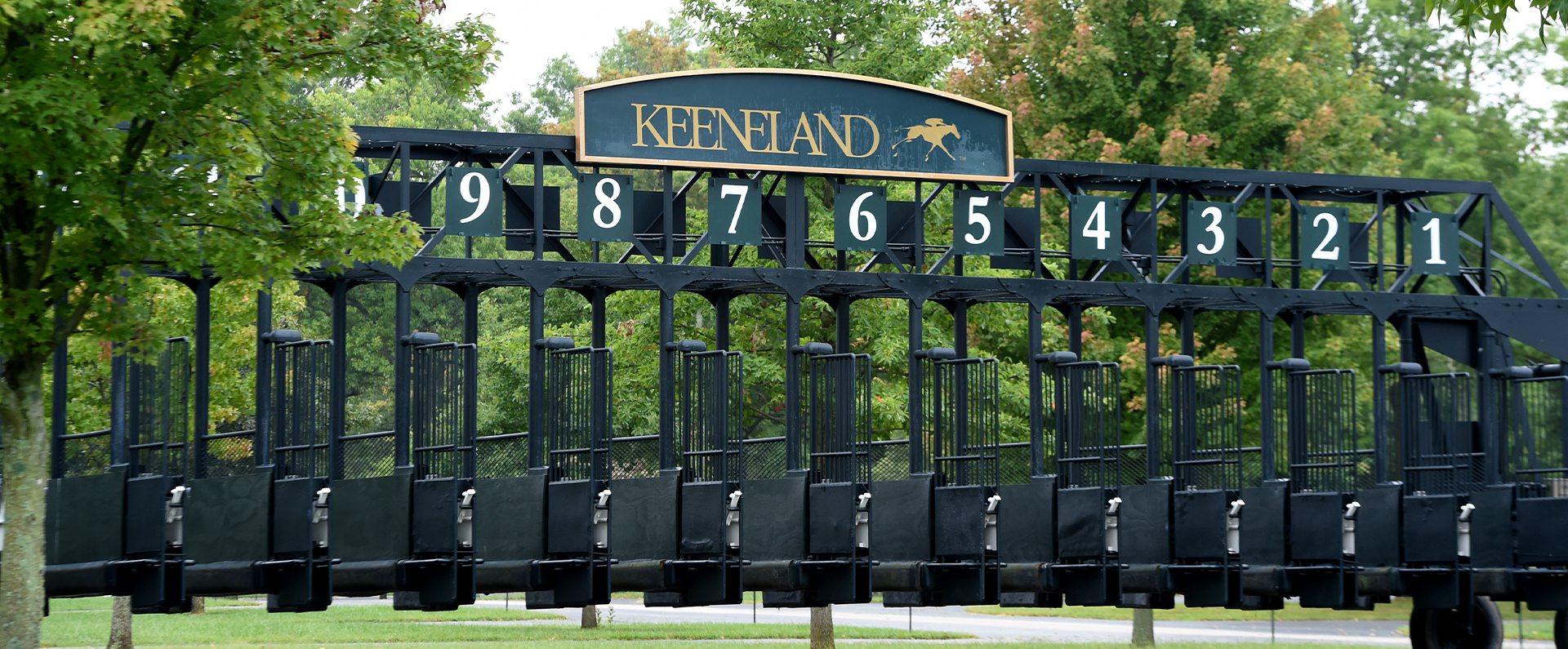
“When I would go to the track, I would take betting really seriously, so I started getting into pedigrees and trainers and learning a lot about the sport. It was really interesting to me.”
In the same way, Stewart is poised to rise on the racing and breeding side, going from a fan regularly attending live programs at Keeneland, to a deep-pocketed force to be reckoned with at public sales auctions.
“When I would go to the track, I would take betting really seriously, so I started getting into pedigrees and trainers and learning a lot about the sport. It was really interesting to me,” Stewart said. “So, I left Toyota, started a private equity firm here in Lexington and had some success, which afforded me the opportunity to put more money into my passion.”
How much money exactly? Over $25 million - a far cry from the sum of money that most new owners would put into the game their first year.
Among Stewart’s prominent acquisitions include Grade 1 Breeders’ Cup Juvenile Fillies Turf winner Pizza Bianca ($3 million), Grade 1 Kentucky Derby winner Mage’s dam Puca for a Keeneland November sale-topping $2.9 million and, most notably, two-time Grade 1 Breeders’ Cup Filly and Mare Sprint winner Goodnight Olive for a sale-topping $6 million at the Fasig-Tipton Night of the Stars Sale last November.
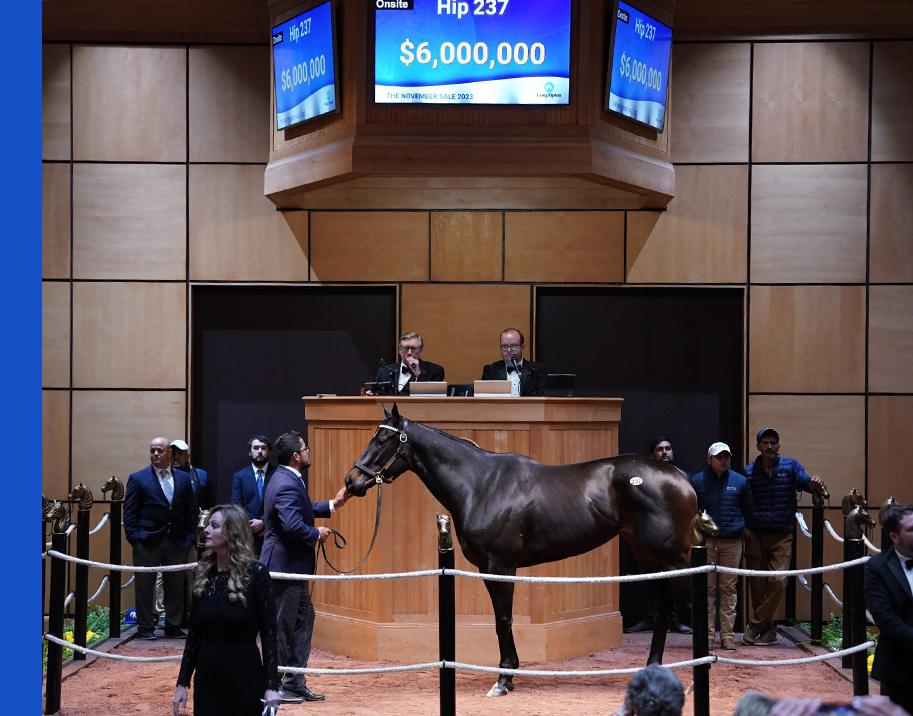
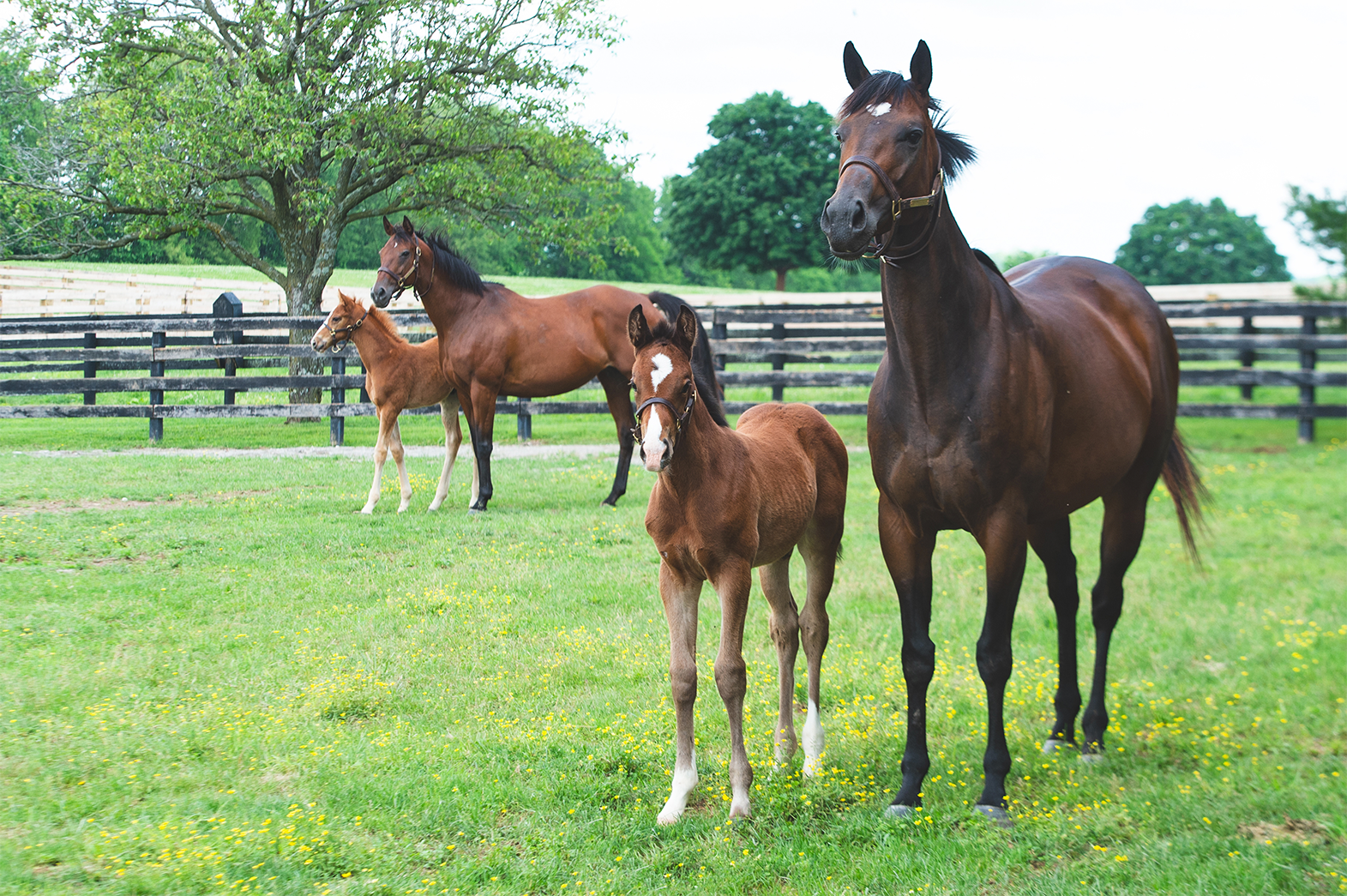
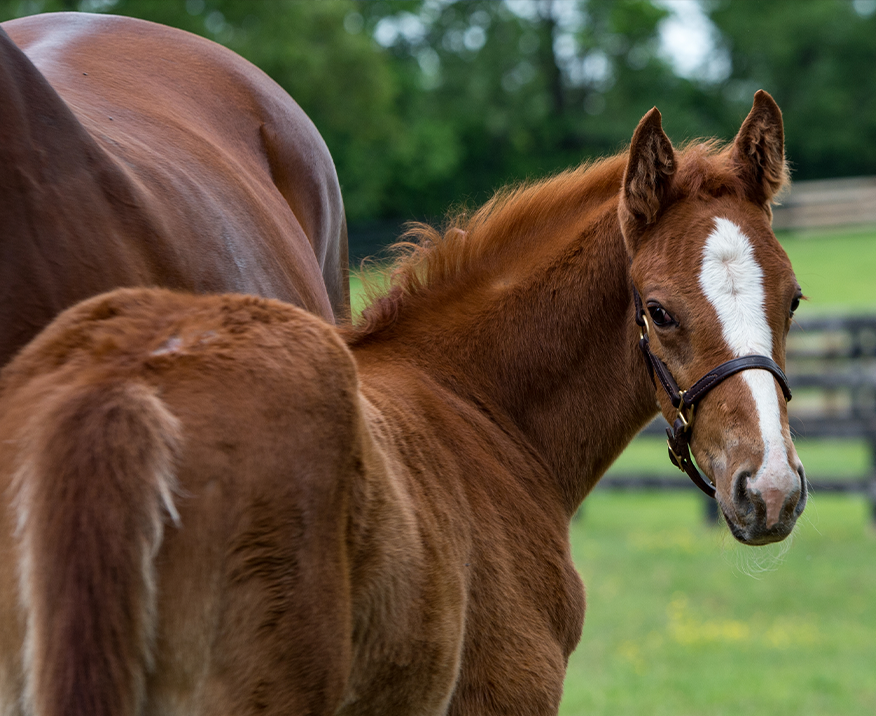
Stewart further added to his quality stock this year with a juvenile colt by freshman stallion Authentic for $1 million at OBS March, where he purchased four other 2-year-olds. But some of his other recent equine investments are already paying back dividends under his Resolute Racing moniker. These include the $370,000 Fasig-Tipton February Digital Sale buy Pounce, a 3-year-old filly who captured the Grade 3 Herecomesthebride S. at Gulfstream Park, as well as private acquisition Sweet Rebecca, a 3-year-old filly who captured Aqueduct’s Memories of Silver S. in April. On Memorial Day, Dana’s Beauty made her Resolute Racing debut a victorious one in the Ouija Board Distaff S. at Lone Star Park. Stewart acquired the 6-year-old Not This Time mare from the Keeneland April Sale for $450,000.
“...the number one goal that I hold myself accountable to is advancing and contributing to the sport locally. I want to contribute to Lexington locally, so it had to be here.”
As Stewart continues to fire on all cylinders, further strengthening the already world-class racing and breeding product in central Kentucky is paramount to him. This is why Stewart bought an almost 1,000-acre farm off Leestown Road, formerly owned by international racing and breeding stalwart Shadwell Stable, for his foals and broodmares to be boarded.
Coincidentally, Stewart once lived a stone's throw from where his new farm is located.
“I’m doing stuff on a global basis, but the number one goal that I hold myself accountable to is advancing and contributing to the sport locally. I want to contribute to Lexington locally, so it had to be here,” Stewart explained. “I used to live in the subdivision behind here, so I was familiar with the property. When we had the opportunity to buy it, I think we were two minutes from the first drive, so I said ‘Okay, we’ll buy it’. So, we made an offer and bought it.
“The land here and the water - this is historically significant property,” Stewart continued. “For example, the water on this property today is city water, but we have wells and springs and so we’re tapping into those springs and wells and getting that into the system so we’re feeding it into these horses. We’re doing it the way it was done a hundred years ago.”
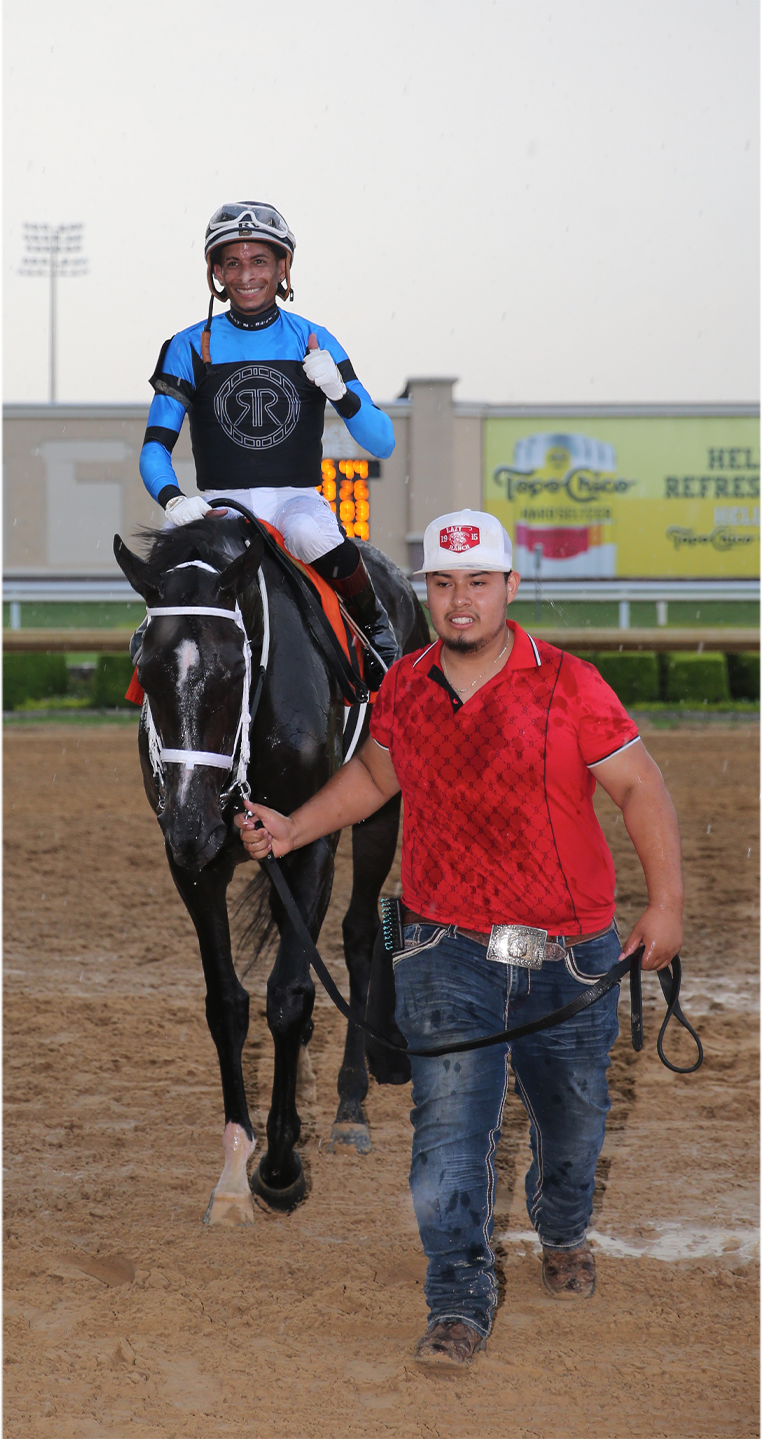
“I'm a believer that the world's bloodstock has all come out of Kentucky.”
Aside from his local roots, Stewart has a non-sentimental point of view when it comes to investing in the Kentucky breeding and racing industry and believes that the best stock on the global scale can all be traced back to the Bluegrass State. But Stewart does not simply plan on just breeding in Kentucky, he also desires to race in Kentucky on a year-round basis, including the winter months.
“I’m a believer that the world’s bloodstock has all come out of Kentucky. I know we had our bloodstock brought here, but if you look back and see where all of the modern bloodstock originated, it has all come out of Kentucky. It’s very relevant from that standpoint,” Stewart said. “Training in the U.S. has started to evolve, where people are going to Florida and other places. When you’re at Keeneland during the spring meet, the horses at Gulfstream - I have some of them - they didn’t do as well as the ones trained here in Kentucky. Those horses do better here, so I want to do the same. I think we should be 360 degrees of what we’re doing here and not just the stallion industry, which has been really robust on the breeding and broodmare side. I want to get it back to where we’re much more relevant in the sport for the next generation and I see bloodstock being key to that.”
Kentucky racing has seen a major boost in purse money and, therefore, quality of racing in recent years mainly due to revenue generated from Historic Horse Racing machines.
“You really can achieve a lot just by staying here in the state,” Stewart noted. “I went up to watch Sweet Rebecca run at Aqueduct and I would say there were maybe 3,000 fans there. Then you go to Keeneland and it was packed every day. You go on a Wednesday, and it’s packed, you go to Churchill and it’s packed. You go to these Kentucky tracks and there's tens of thousands of fans. I think it’s a big part of our culture and our heritage. I think this is the elite horse racing level. We’ve been to Australia and there’s a lot of passion behind it, but the passion behind Kentucky racetracks is like none that I’ve ever seen.”
"As I started to learn more about the industry, I decided that the best way to make an impact on something is to get involved with it."
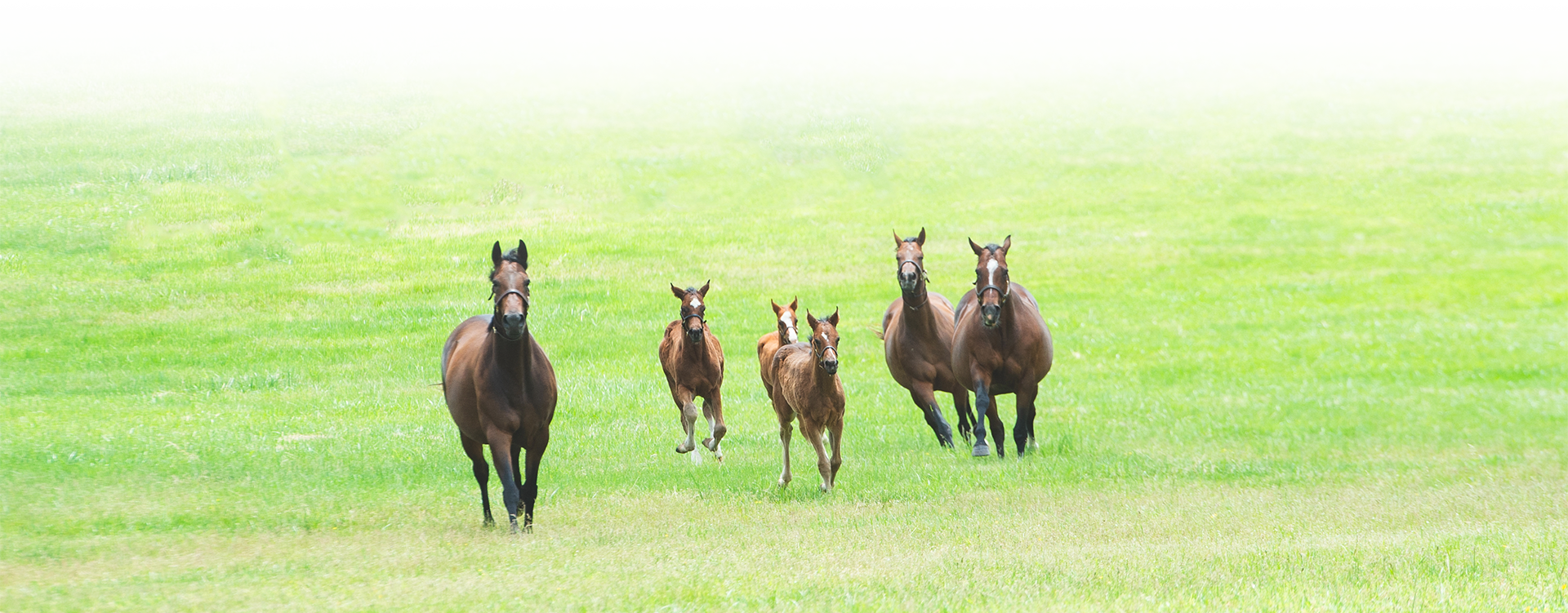
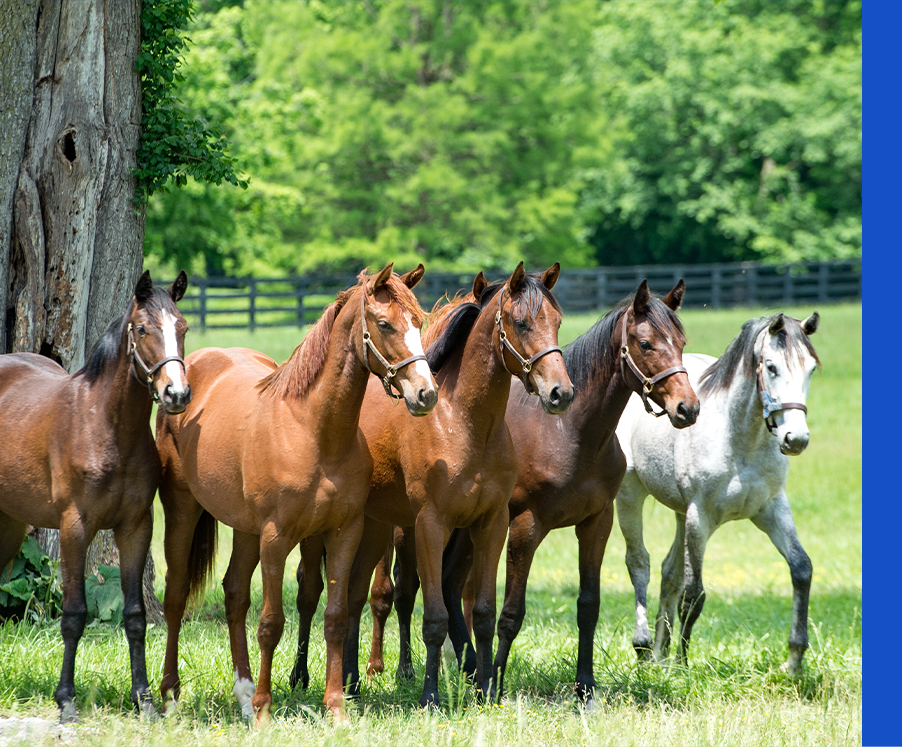
Stewart understands that one man can’t do it all, which is why he’s assembled a team of knowledgeable individuals, like General Manager Gavin O’Connor, to assist him in pursuit of racing prosperity.
“When I got into the horse industry, I surrounded myself with smart people which I’ve learned to do, but I also want to be able to understand. As I started to learn more about the industry, I decided that the best way to make an impact on something is to get involved with it,” Stewart said. “In 2022, I bought my first horse with Gavin, then I started dating Chelsey [Stone]. Her and Gavin went to look at some horses in September. I was told we were going to potentially buy a couple of horses. I had dinner with them a couple of weeks prior and said, ‘We might do a little bit more than that’. I decided to get more involved in a bigger way.”
“I think one of the most important things is having that personal connection with the horse.”
Although Stewart sees buying Thoroughbreds as an investment, he added that the horses serve more than just a monetary purpose.
“I think one of the most important things is having that personal connection with the horse,” Stewart said. “The horses actually depend on us for their care. That relationship with us is really really important for us to have that human connection. They're not just an investment, I’m not just looking for a return on investment on the asset. It’s a living creature first, and you have to be able to connect to that. To me, that was just a natural part of the process because of how I’ve evolved my career starting on the factory floor and working my way up to a firm that buys factories.”
For Stewart, his commitment to investing in the Kentucky Thoroughbred industry is such that he hopes will benefit the sport for generations to come.
“I see what’s going on in the industry and I want to do what I can to support the industry so it continues to be relevant for the next series of generations so other people can enjoy it like I have,” Stewart said. “I’m not trying to brag. I was on the other side. And I’m just trying to share it so people can see how special it really is.”
